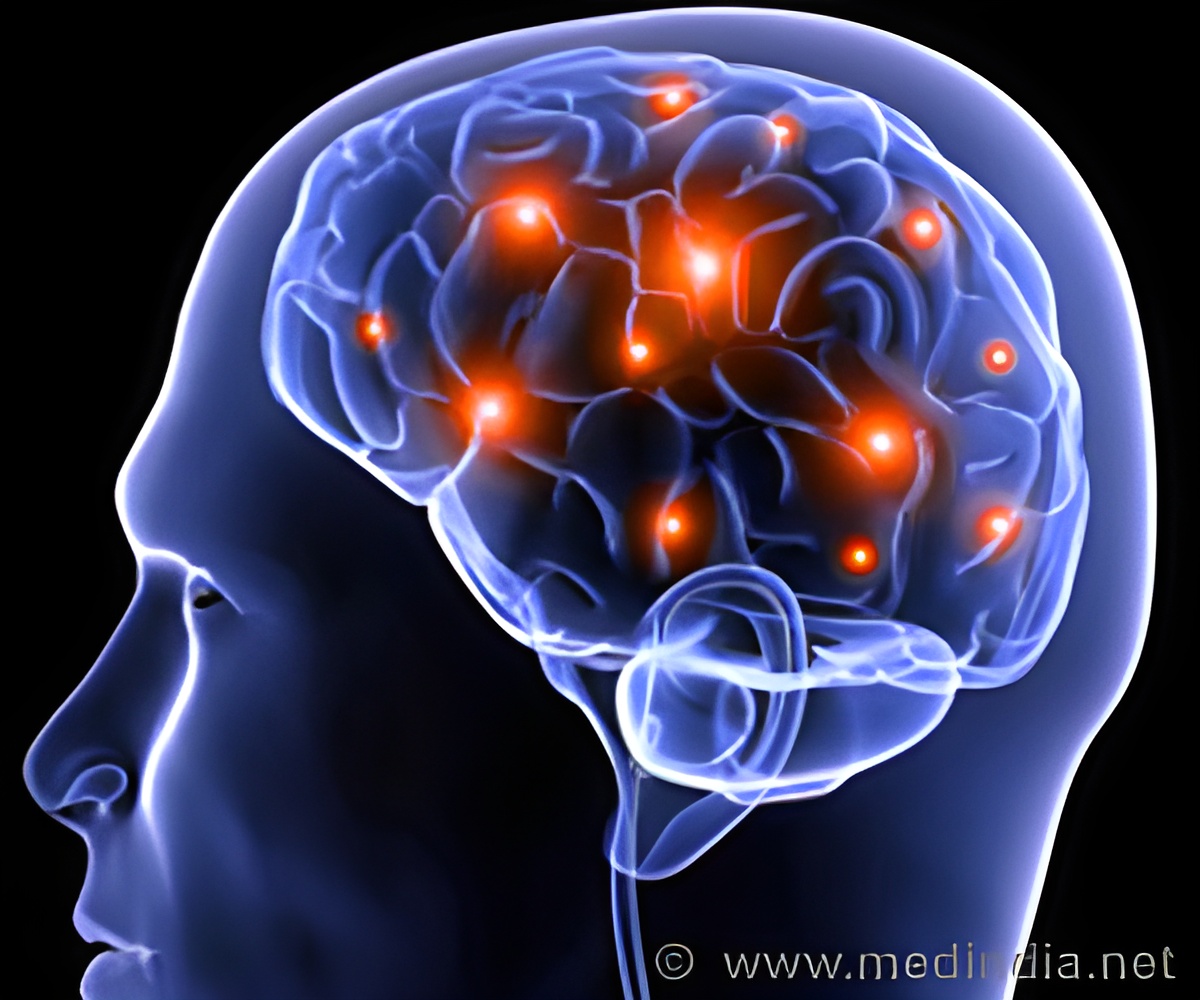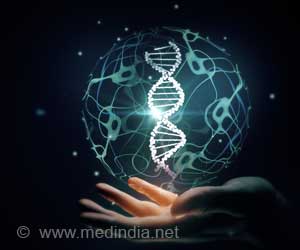Scientists have developed a new artificial ionic neuron that may aid in implementing simple learning algorithms that would serve as the basis for tomorrow’s electronic memories.

‘Scientists have developed a new artificial ionic neuron that may aid in implementing simple learning algorithms that would serve as the basis for tomorrow’s electronic memories.
’





Neurons are highly energy efficient which works by opening and closing ion channels according to the stimuli received. The resulting ion flows create an electric current responsible for the emission of action potentials, signals that allow neurons to communicate with each other. The Artificial Memory
However reciprocating these functions through artificial intelligence costs lots of energy consumption almost tens of thousands of times that of the human brain. The study team was thereby challenged to design electronic systems using ions to carry the information.
The device worked on a property known as the memristor effect, i.e., under the effect of an electric field, the ions from the layer of water assemble into elongated clusters and these clusters retain some of the stimuli that have been received in the past (as similar to a memory in brain).
Moreover, using theoretical and digital tools, the study team has also shown how to assemble these clusters to reproduce the physical mechanism of emission of action potentials, and thus the transmission of information.
Advertisement
Source-Medindia











